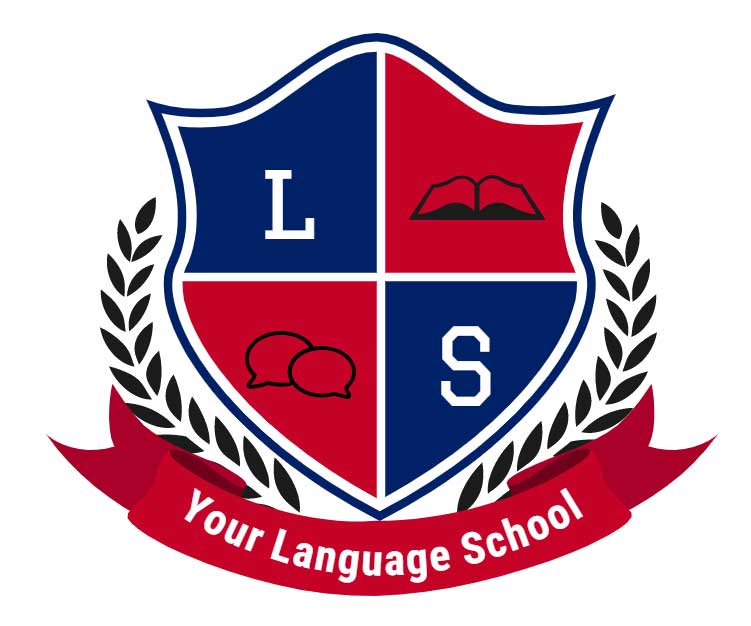Given the worldwide recognition and popularity of the IELTS, it has become subject to many misconceptions that often lead to false impressions and ill preparations among test takers. While there is, to a certain extent, some truth to these notions, they are, almost always, exaggerations of the facts and should be taken with a grain of salt.
As potential test takers, it is important that you are armed with factual knowledge about the IELTS, so that you are able to aptly prepare for the exam without the unnecessary pressure and needless information regarding it. That said, here are the most common IELTS myths and rumours and the corresponding clarifications to be a more informed and guided IELTS taker!
- IELTS is unreasonably difficult.
It cannot be denied that the IELTS is a rigorous language proficiency assessment, but it is definitely no more difficult than any other exam. As with any test, what the IELTS calls for is thorough and sufficient preparation to be able to perform well. With the right review materials, study habits, and guidance of competent mentors, no exam is unsurpassable!
It must be noted, too, that there is no pass or fail in the IELTS. Rather, it uses a consistent and well-developed nine-band scale, which we have already talked about here.
- In the Speaking portion of the exam, I need to converse with an American, British, or Australian accent to pass.
This is a common misconception, but there is absolutely no truth to this. Examiners do not expect you to change your accent for the IELTS Speaking test; what they are after is your ability to comprehend the questions and follow the conversation through appropriate and insightful remarks. They will also be looking at how audibly you pronounce words and how clearly you speak at a natural pace, so you better practise this, too, while paying no mind to your native accent. There is definitely no need to change that!
- Smiling through the Speaking portion will give me a better score.
While it is acknowledged that smiling while doing the Speaking test allows you to feel more relaxed and at ease during the process, it does not, however, get you more marks. To reiterate what was already mentioned earlier, your comprehension, clarity in speaking, and ability to sustain the conversation are what matters principally in this portion of the IELTS to be able to fairly assess your level of English.
- Going beyond the word limit in the Writing test will get me better marks.
Writing more than the prescribed word count does not result in a better score. It is most certainly important to meet the word count (150 words for Task 1 and 250 words for Task 2), but it is not, in any way, mandatory to go beyond it. What is essential is that you use proper grammar, spell words correctly, display your wide range of vocabulary, and write fluent and cohesive sentences to be able to score substantially in the IELTS Writing test.
- Practising with sample tests found online is the key to a favourable overall band score.
Practising with sample tests, certainly, contributes to your preparedness for the IELTS. It helps to compose yourself when it comes to test taking, and it also helps you to learn what is to be expected in each of the four parts of the IELTS. However, it is dangerous to assume that these sample tests are the only things you need to prepare for the exam. Remember, the IELTS is a comprehensive and multi-layered language proficiency assessment, and you will definitely need more than going through sample tests to be equipped. Aside from these online sample tests, it would definitely help if you practise conversing using the language, listening to audio and video clips, plus reading different kinds of material to widen your vocabulary, too.
Now that you are more informed about the IELTS, it’s time to properly and thoroughly train you to excel in it! Our IELTS review classes, facilitated by highly trained instructors and experts, are what you need to complement your newly gained knowledge about this esteemed English proficiency exam. Apply on our website now or send us a message to enquire.





